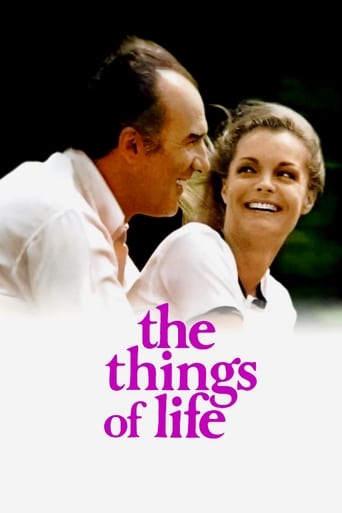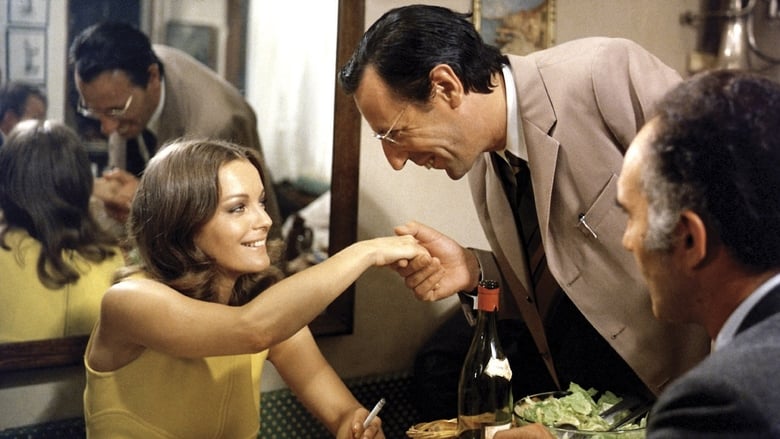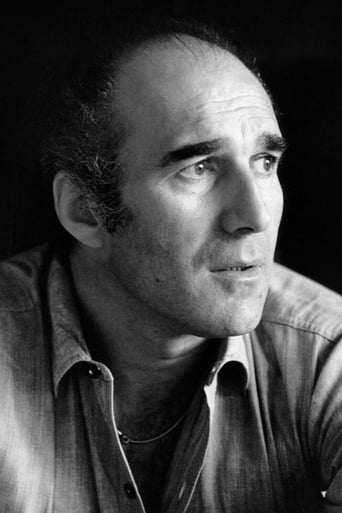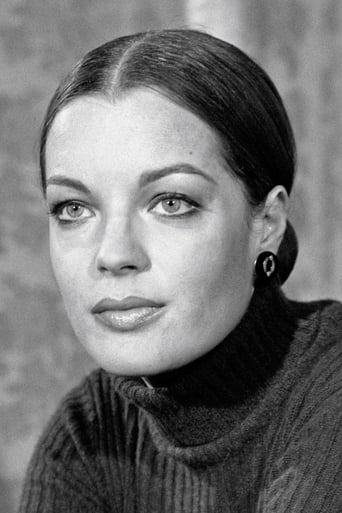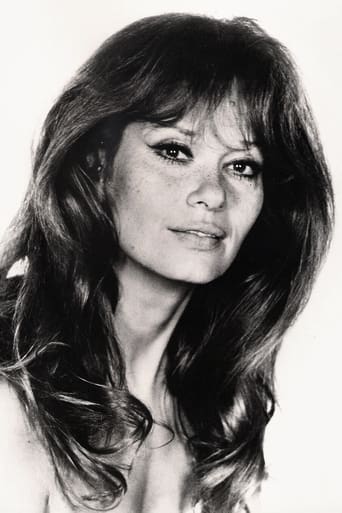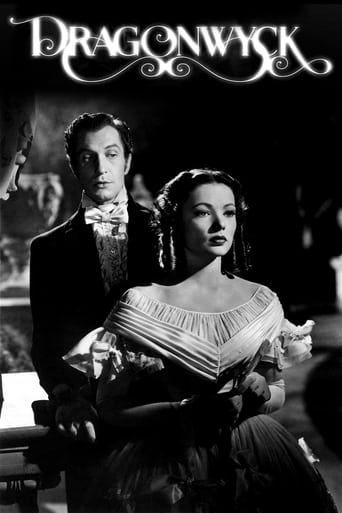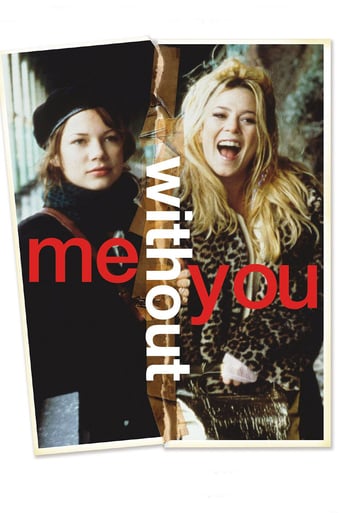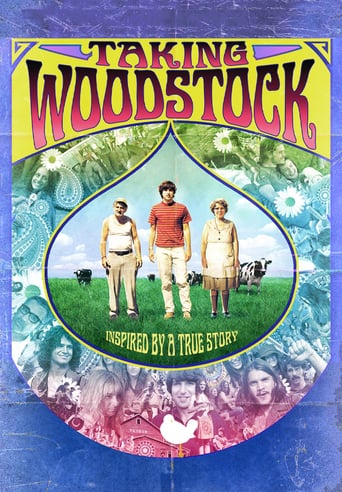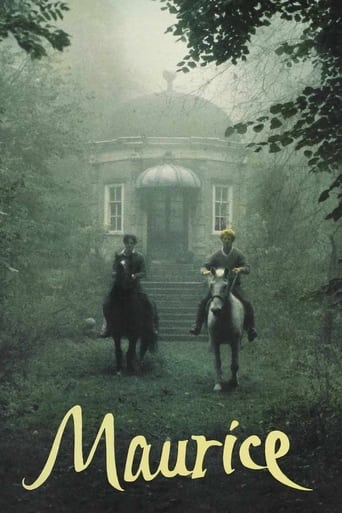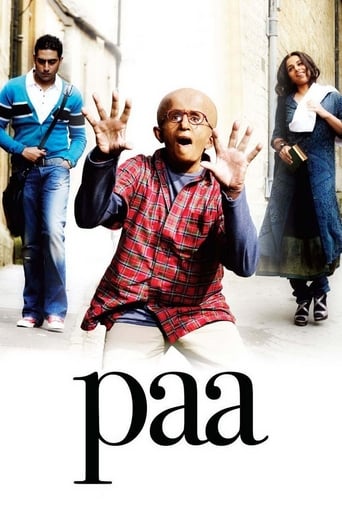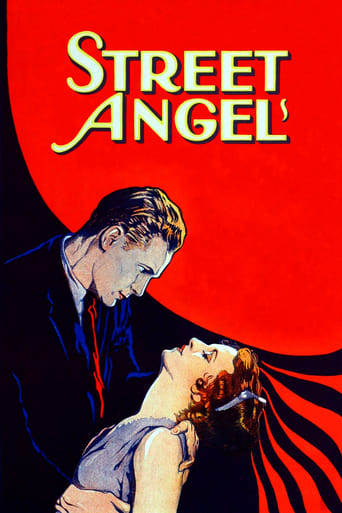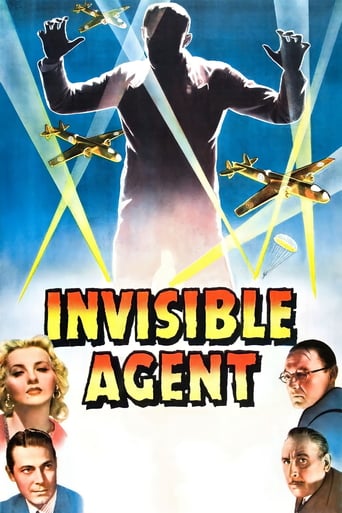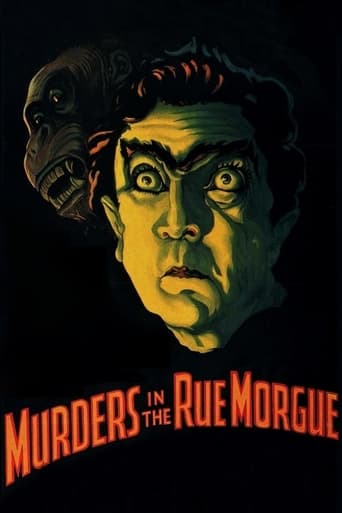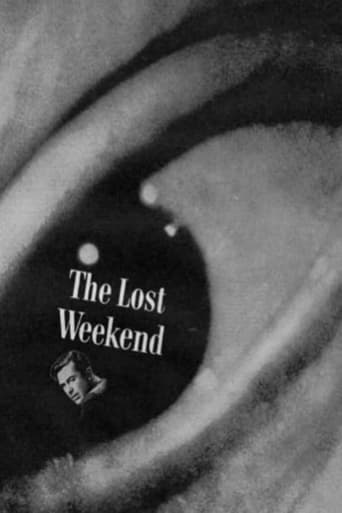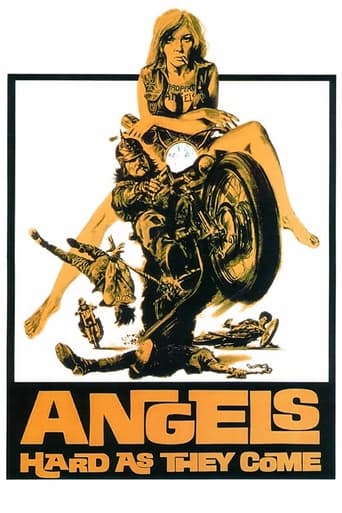The Things of Life (1970)
The mind of Pierre Bérard, a successful middle-aged architect, is torn between his unstable present with Hélène, his younger lover, and his happy memories of the past with Catherine, his ex-wife; but his true destiny awaits him at a crossroads on his way to Rennes…
Watch Trailer
Cast


Similar titles
Reviews
Story: It's very simple but honestly that is fine.
This movie feels like it was made purely to piss off people who want good shows
By the time the dramatic fireworks start popping off, each one feels earned.
The film never slows down or bores, plunging from one harrowing sequence to the next.
Well, the things of life are not always like this, neither are exactly like this. Maybe for its time this movie was something like documentary and representative for the decade but now it seem to me more like utopia and idealistic. I hurry to tell you why.Most important, seen from south-eastern point of view the look over the man is strained a lot. He with capital "h" who is not clear with himself is being waited by his wife and son and his newly beloved. Almost deified. And he, in this time he is self-willed and frivolous...From there on you know what this movie is about. The positive which I want to note is the approach including dreams while he is in coma. The viewer is being rose to the role of a shaman who is asked to interpret them. So, I leave to you the interpretation while I continue with my next critic of ideas in a movie.http://vihrenmitevmovies.blogspot.com/
This film opens with the car crash of the main character. He is not dead. The rest of the movie then slowly unravels; we hear his thoughts on love, his wife, society and his life in general.As it slowly progresses, with a series of flashbacks we see how the last few days of the main protagonist's life have changed his whole existence. Piccoli perfectly captures the sadness and prevents needless sentimentality as he inexorably and gradually descends towards death. He is going through problems with his wife, played by the wonderful Romy Schneider, we see how he feels compromised in his modern lifestyle, and how he feels for his relationship with his son. Sautet places each scene with great skill to create an atmosphere of unavoidable tragedy, of longing and regret. Sautet stays away from cliché and prefers to show each scene in slow-motion without great effects, just to frame the emotion of the moment. The acting is spot on, never overplayed, also understated, and always poignant and effective. This film is Gallic passion at its most powerful.What is the most important thing in life? What choices are the right ones? Is everything just pointless? What really matters? Sautet made me think long after this film as to what we think about when our life flashes before us. And believe me, you'll be feeling a little emotional yourself when the credits roll up.
By watching this 1969 movie, I have just confirmed my opinion about Claude Sautet: that's one Director that takes the expectator "inside the scene" (As seen in his latest work: Nelly and Mr.Arnaud). He has this ability that allows him to "extract" the most of his characters in the psychologic aspect, by showing all the range of their feelings...Take the scene where Pierre Berard (portrayed by Michel Piccoli) tells Héléne (played by Romy Schneider) of his sudden decision of no longer accompany her on a trip planned ages ago. Another scene that worths appears in a record as a "Death Scenes Hall of Fame" is the one in which Pierre lays on the grass, his thoughs exposed as the expectator follows him, in all his emotional suffering. Claude Sautet: a Director that deserves having his name written in the "Hall of Fame of the Greatest Directors of All Times". As an "homage" to him, in a scale of 10, I grade this film 9.
A typical 70's drama, something that still gets its way when it comes to touch that emotional key in us (Or some of us) and makes us long for that passionate love story, without a tragic end of course. Through a filter of pastel tones, Sautet portrays the typical struggle many have put themselves through to fork onto a secondary sentimental route in life, thinking they can have it both ways. Albeit its apparent sappy tone, Les Choses de la Vie is an intense mature story of love and sacrifice, a double one at the end. I find European dramas very attractive, perhaps because they portray a kind of no-frills passion that is very hard to come across nowadays, both in movies and in reality. A movie like this surely has its clichés, the dual life, the regrets, the tragic death but in this movie Sautet is a wizard in enfolding the viewer with a very bitter-sweet sequence of happy yet solemn flashbacks. Pedro Lazaga's Largo Retorno (1975) happens to be similar in the way the relationship between the two main characters comes to an end (The memories, the sorrow, the death), granted in Les Choses de la Vie there is a three-way story. Both Michel Piccoli and Romy Schneider fit perfectly in the above scheme of things.Just like in Largo Retorno, a very somber yet passionate baroque score complements the entire movie, leaving us with a soggy handkerchief at the end.

